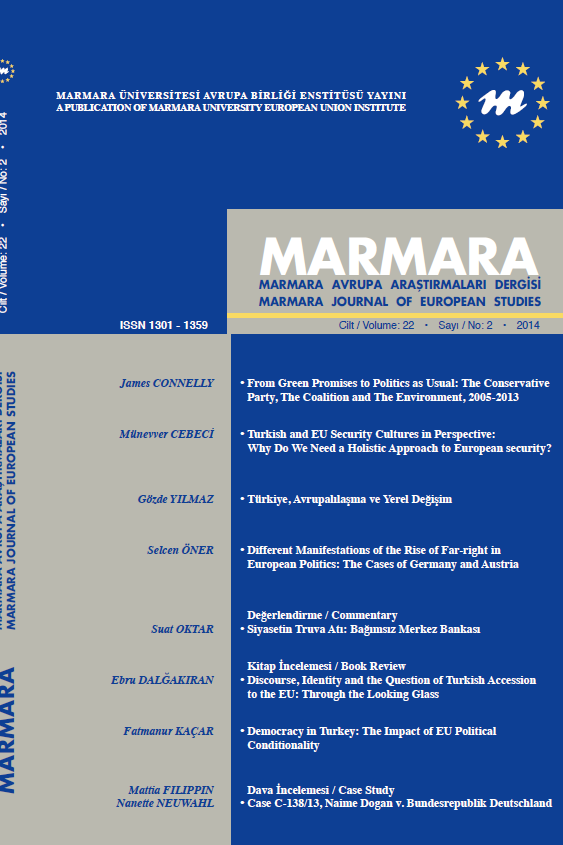EURO VE DÜNYA EKONOMİSİ: BÖLGESEL ETKİLER
This paper attempts to provide temporary "predictions" about the effects of euro on different regions of the world. European developed countries and ex- communist countries of Eastern Europe are expected to join the euro system eventually. Their important trade partners are the members of the EU and financial integration between them is highly developed. Non-European developed countries such as the US, Canada, Japan, and Australia will not be affected in the short run . But in the long run the rivalry between the US dollar, Japanese Yen and euro may create instability in international monetary system. It is impossible, in advance, to make a prediction about the outcomes of this currency competition. Developing countries' stance against euro is to be determined by three strategic factors. The relative weight of euro in their foreign trade , in their foreign exchange reserves and in their total debt. In he short run, Mediterranean Countries, especially ex-colonies may be affected by euro. The amount of euro which is used to finance their foreign trade may increase and the relative weight of euro in their foreign trade, total foreign exchange reserve anf total foreign exchange reserve and total debt may rise. Of course, all of these predictions depend on the assumption that euro will keep its dependability and will become an international vehicle and reserve currency
Anahtar Kelimeler:
-
EURO VE DÜNYA EKONOMİSİ: BÖLGESEL ETKİLER
___
- -
- ISSN: 1301-1359
- Yayın Aralığı: Yılda 2 Sayı
- Yayıncı: Marmara Üniversitesi
Sayıdaki Diğer Makaleler
PROSPECTS OF CYPRUS SETTLEMENT AFTER THE HELSINKI SUMMIT
EURO VE DÜNYA EKONOMİSİ: BÖLGESEL ETKİLER
CENTRAL BANKING AND ECONOMIC TRANSITION
"KNOW-HOW" VE TİCARİ SIRLAR (TEKNOLOJİ TRANSFERİ VE FİKRİ HAKLARLA İLGİLİ LİSANS ANLAŞMALARI)
THE ECONOMIC CO-OPERATION ORGANISATION (ECO): REALITY OR UTOPY?
